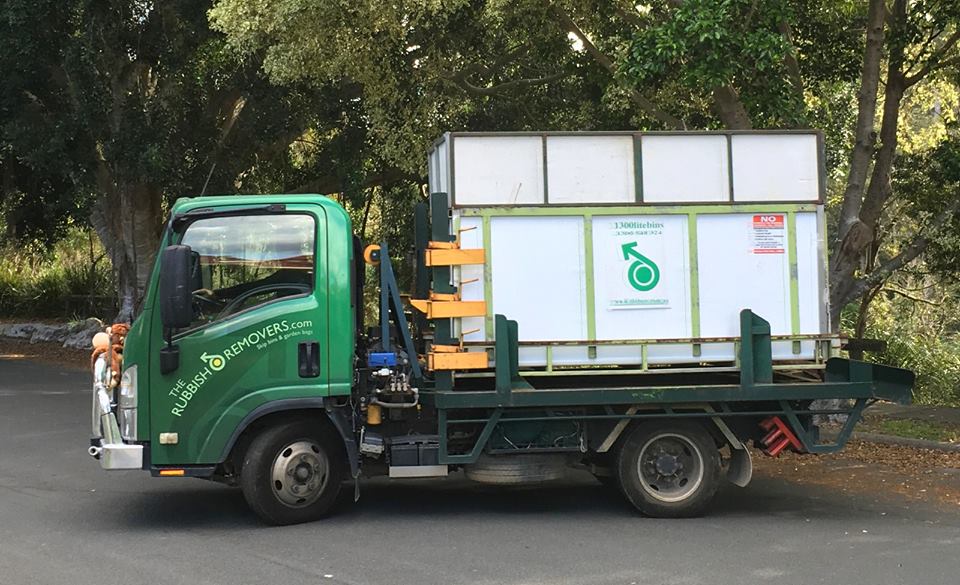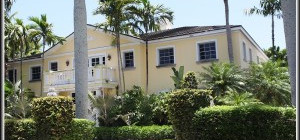 The key component in waste management is waste separation. Some waste can be recycled, some waste cannot be. Some waste is hazardous while some waste is environmentally friendly.
The key component in waste management is waste separation. Some waste can be recycled, some waste cannot be. Some waste is hazardous while some waste is environmentally friendly.
Identifying hazardous products
When we go out to shop, we may not be aware of whether the things we are putting in the cart are hazardous or not. The best way to be aware of the same is to check the product label before buying a product. While you don’t have to do it for every product you buy, to help you out, we will list a few products that come in the hazardous category.
When you read the product label, you may come across terms like flammable, explosive, toxic or radioactive. The mention of such terms indicates that the product needs to be handled carefully and disposed with proper means so they do not pose a threat to the environment. These products also come with safety precautions so be sure to read them carefully.
We talked to a dealer who provides skip bin serviceand he gave us a list of the various hazardous materials that are a part of household waste:
Household cleaners
Many household cleaners available in the market contain harmful chemicals. Hence this waste needs to be managed carefully. Be sure to not empty the household cleaners inside the sink. Also, do not throw them away with the other waste.
Batteries
Used batteries can be harmful to the environment if they are not disposed properly. The leakages may result in toxic waste being produced which can damage the environment by polluting the water and soil.
Another category of batteries includes car batteries. They can be even more harmful and pose risk to health and safety if not disposed properly. They should only be discarded at a hazardous waste drop off site.
Light bulbs
Are you guilty of throwing away the light bulbs with the other waste? It is a dangerous practice because light bulbs contain mercury. For getting rid of the light bulbs, find some retailer who takes damaged and old bulbs and recycles them.
Paint, Solvents and Thinners
Never use the drainage to get away with the paint, solvents or thinners. In case you have the option of buying the non-toxic organic paint, go with that else if you have leftover paint, consider using it at a later point in time.
Products containing mercury
Some household items can contain mercury. Examples include thermometers, light bulbs, thermostats etc. Be careful with disposing such waste. It should never be thrown away with general household waste. For dumping waste that contains mercury, you need to go to a hazardous waste disposal site.
Tyres
Throwing away tyres with the waste that is incinerated creates the nuisance of pollution which can be really harmful to both human beings and the environment. These also need to be sent to the hazardous waste disposal sites. In case you want them to be recycled, you can give them away to the car removal services.
Tips for handling hazardous house waste
- Always read the instructions carefully when handling hazardous materials. They even come with instructions for safe disposal.
- Never store such waste in food containers as it can be lethal.
- In case your waste management service doesn’t deal with hazardous waste, look out for nearby hazardous waste disposal sites.
Reducing the Hazardous waste
There are some ways by which you can reduce the hazardous waste generated at your home. One of the options is to replace hazardous materials with products that are organic and do not contain harmful chemicals. For instance, you can opt for organic water-based paint instead of using latex paint that contains various toxic substances. Even in case of household cleaners, you have safer alternatives. Buying such products reduces the hassle of dealing with the hazardous waste.







